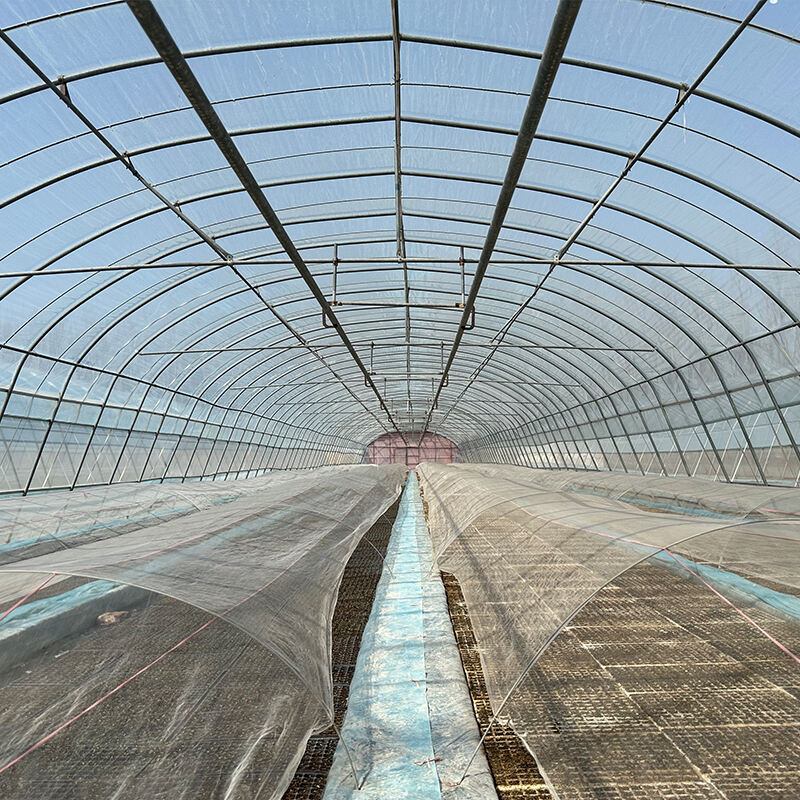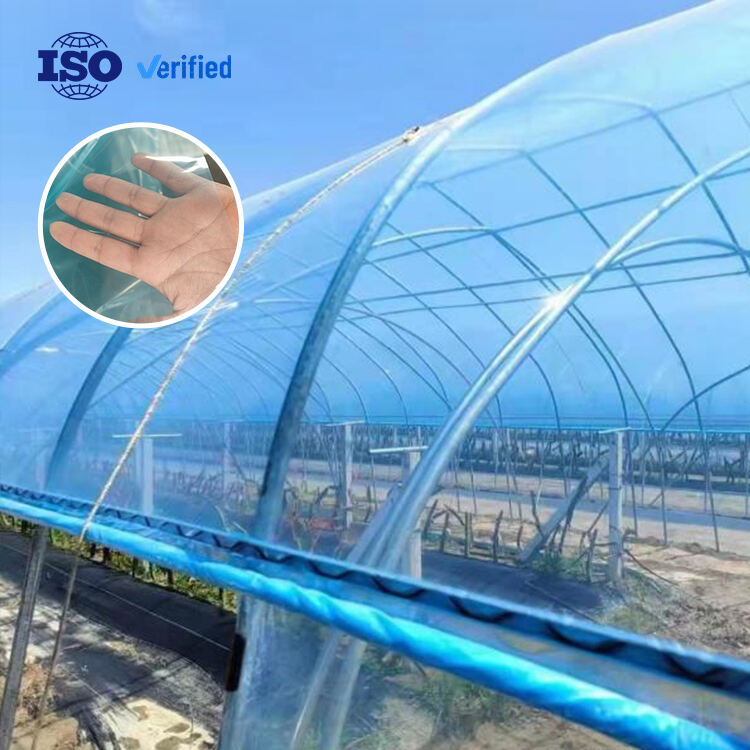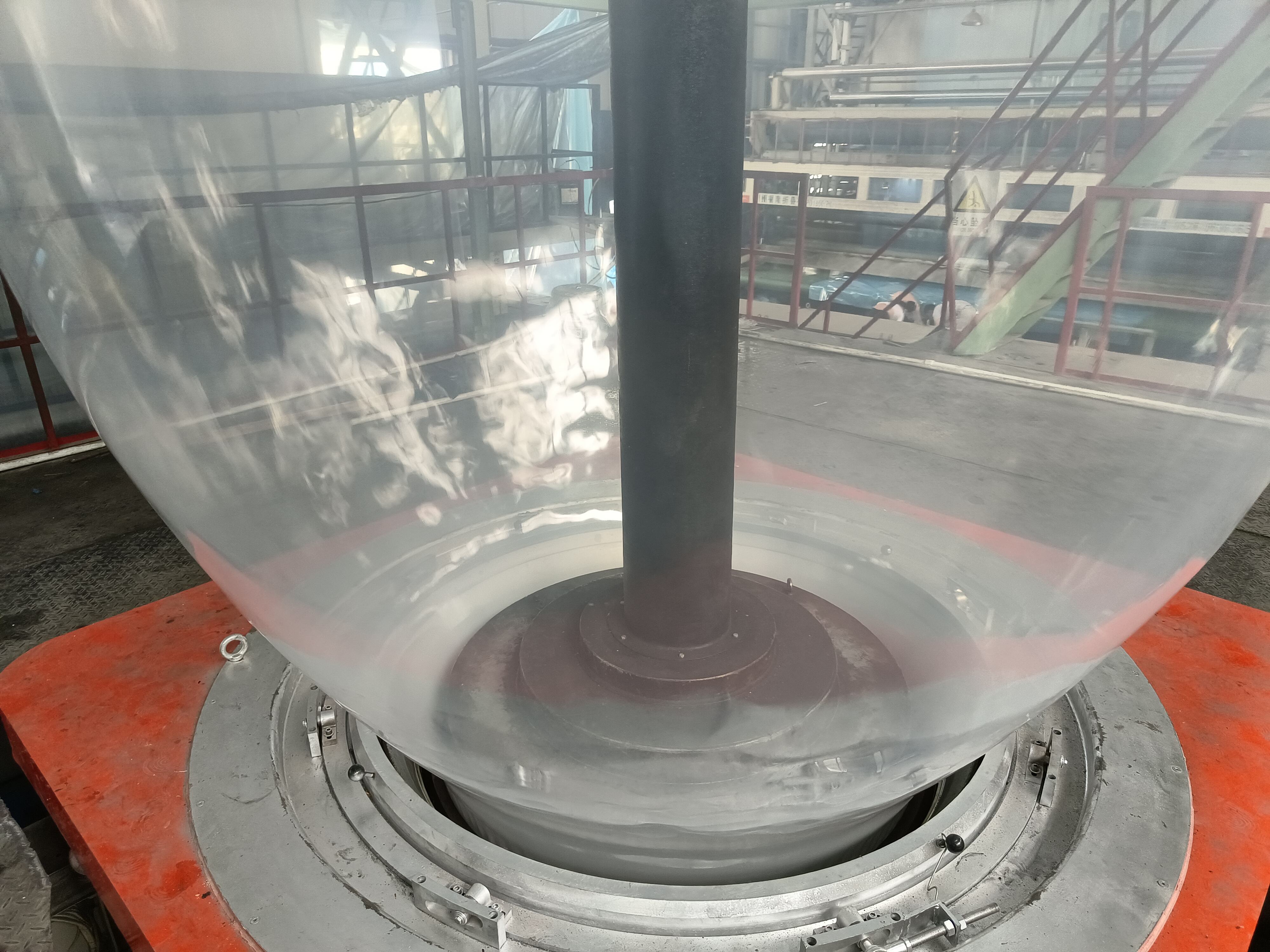biodegradable plastic film
Biodegradable plastic film represents a revolutionary advancement in sustainable packaging solutions, combining environmental responsibility with practical functionality. This innovative material is engineered to decompose naturally under specific environmental conditions while maintaining the strength and versatility of traditional plastic films. The film is composed of organic polymers derived from renewable resources such as corn starch, vegetable oils, and other plant-based materials. Its molecular structure is designed to break down into natural compounds when exposed to moisture, heat, and microbial activity, typically decomposing within 3-6 months under proper conditions. The technology behind biodegradable plastic film ensures optimal performance in various applications, including food packaging, agricultural mulch, and consumer goods packaging. The film exhibits excellent barrier properties against moisture and oxygen, making it suitable for preserving product freshness. Advanced manufacturing processes enable customization of thickness, transparency, and mechanical properties to meet specific industry requirements. This versatile material maintains its structural integrity during use but initiates decomposition when disposed of in composting facilities or landfills, addressing both practical needs and environmental concerns.


